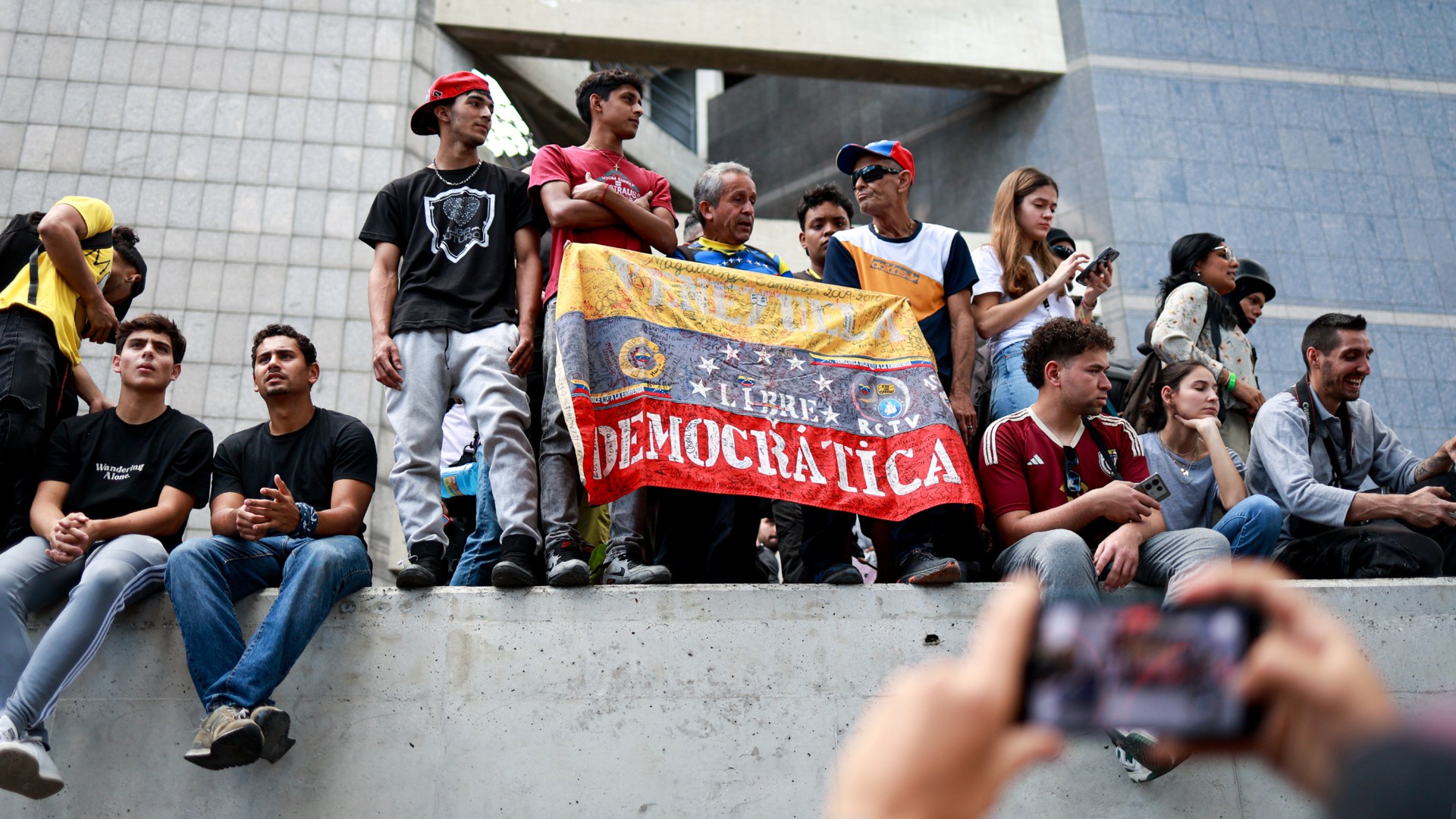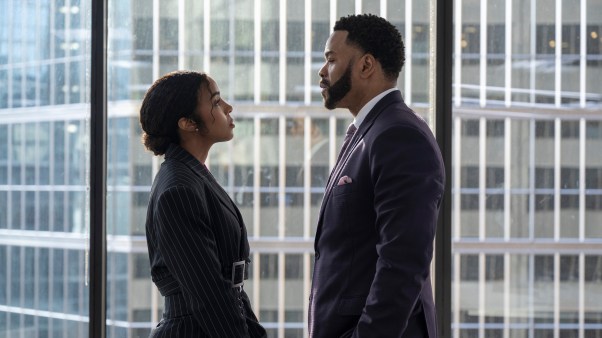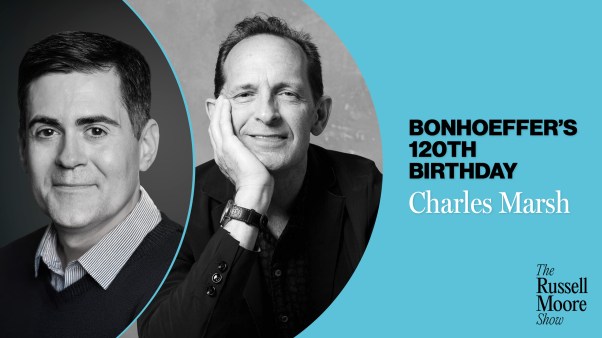Last Sunday, pastor César Mermejo preached about hope in difficult times to his congregation in Maracay, a city of 1.3 million that sits close to the Caribbean coast.
But he did so via a pre-recorded audio file he distributed via WhatsApp, following the Venezuelan government’s advisory against in-person gatherings on Election Day, held July 28.
In his digital broadcast to Comunidad Cristiana Mizpa Dios de Esperanza members, Mermejo reminded them of Psalm 98:1, which affirms that the Lord “has done marvelous things,” while also acknowledging that some in his congregation probably felt more like the speaker in Psalm 43:5 who asked, “Why, my soul, are you downcast? Why so disturbed within me?”
Many Venezuelans were anxious that night, hoping for a change that would end Nicolás Maduro’s nearly 12 years in office and 26 years of socialist rule since Hugo Chávez rose to power with the Partido Socialista Unido de Venezuela (PSUV). But others were apprehensive; Maduro had warned that the country could face a “bloodbath” if he didn't win the election.
After a delay in the disclosure of partial results, the Consejo Nacional Electoral, at around 1 a.m. on Monday morning, declared Maduro the winner.
Opposition candidate Edmundo González Urrutia did not concede but instead blamed election fraud for his purported defeat and declared himself president-elect. On Monday night, people burst onto the streets in cities throughout the country, demanding a recount.
As demonstrations have continued throughout the week, the government has confronted protesters with tear gas; other reports have emerged of unidentified people shooting at demonstrators. Through August 1, at least 11 people have died and more than 1,000 have been detained.
Many Venezuelan evangelical churches have joined the chorus of voices that reject the result proclaimed by the electoral authorities and suspect fraud. Some, by contrast, support Maduro, appreciative of his efforts to provide tangible resources to their congregations.
Primarily, evangelical leaders have called for peace. In his role as president of the Consejo Evangélico de Venezuela, Mermejo advised local churches to cancel worship services for the foreseeable future “for the safety of their congregants.”
The council also urged Christians to pray for the country with “calm and sanity” and requested “that the review of the tally sheets of the presidential elections be carried out in a transparent process, in accordance with the provisions of the legislation.”
The election protests present yet another challenge for a country that dealt with severe economic collapse, hyperinflation, political instability, and a humanitarian crisis, despite being home to the biggest oil reserves in the world. The United Nations estimates that 7.7 million Venezuelans currently live outside of the South American country, a number that has further destabilized the nation and its churches. (The in-country population is 29.4 million.)
The loss of so many of his fellow citizens is personal for José de los Santos Rodríguez, the former pastor of the Primera Iglesia Evangélica Libre de Maracaibo. His congregation of 50 people was located 80 miles from the Colombian border in what was once a flourishing city and a business hub for oil companies.
But Maracaibo “was turned into a pile of trash,” he said. “People started to go from house to house begging for food.”
Two years ago, the church closed its doors after all the members left the city.
“Most people left the country without any planning, without even asking God,” he said. “They left because they had no job and because what they earned wasn't even enough for transportation.”
Rodríguez has kept in touch with his former church members by recording and sending out 20-minute daily devotionals.
“I have people in Colombia, Chile, Argentina, Uruguay, Mexico, the United States, Spain, and Peru,” he said.
Today, his church members are among the nearly 3 million Venezuelan migrants in Colombia, the 1.5 million in Peru, and the half million each in Brazil and Chile. For many of these immigrants, Christian organizations played a key role in helping them build new lives.
Among them is Darvin Delnardo Tehn, a youth leader at Encuentro con Cristo, an evangelical church in Santiago, Chile, founded by German immigrants, which runs a nonprofit that offers short-term housing for migrant families. In 2017, at age 27, Delnardo, a university graduate, left a dead-end job and his hometown of Colonia Tovar, near Caracas, to start a new life in Chile.
Many supported Delnardo’s leap of faith.
“I left Venezuela with the blessing of my family and my church,” he said. “My pastor is always interceding for me.”
Delnardo’s pastor, Ender Urribarrí, confirmed that Delnardo confided in him his plan to migrate. Urribarrí didn’t try to dissuade Delnardo, but asked him to prepare to understand the cultural challenges of a new country and not to forget that “you have a mission there too.”
“God gives us the joy of exporting church leaders to other countries. Isn’t that wonderful?” said Urribarrí.
As his churchgoers have begun to emigrate, Urribarrí, who leads Iglesia Evangélica Encuentro con Dios in Colonia Tovar, has devised a plan to help them maintain a pastoral presence in their lives as they face uncertainty and hardship. For the first two years, he communicates consistently with those who have emigrated. By that point, he expects that they will be connected to a new local church and his communication drops to one call every three months, and then to twice a year.
This strategy has been working so far, he said. “When they visit Venezuela, they come to us. They still say ‘this is my church,’” he said.
Now Urribarrí is excited about the future: “I want to keep seeing what God will do in the church and in my country.”
Rodríguez thanks God that despite the dispersal of his former congregation, he has still been able to serve in full-time ministry. He and his wife receive pensions (though they add up to less than $10 USD a month), and he also receives the bono de guerra, a subsidy paid by the government to retired people that adds $100 to the family monthly income. Without this, he would be forced to spend all his money on his blood pressure medication.
“Every time we are in need of something, there is someone who helps out,” he said.
Rodríguez does not believe change in his country will result from the pressure exerted by foreign entities such as the US government, the European Union, and the Organization of American States. (On August 1, US Secretary of State Anthony Blinken issued a statement congratulating González for winning the elections in Venezuela and asserting that the claim of a Maduro victory does not represent the will of the Venezuelan people.)
“The Lord and his justice will change the country,” Rodríguez said. “I can’t say when it will occur, but I’m certain it will.”
Until then, Christians in Venezuela will have to keep finding ways to survive and aid their fellow citizens.
“What keeps us here in this country, fighting, is the love we have for this land and the faith we have in the Lord that he can bring an answer for Venezuela,” said Yosleiker Pérez, pastor of Ministerio Extendiendo el Reino de Dios, a Pentecostal church in north Caracas. “And for those who believe, everything is possible.”









